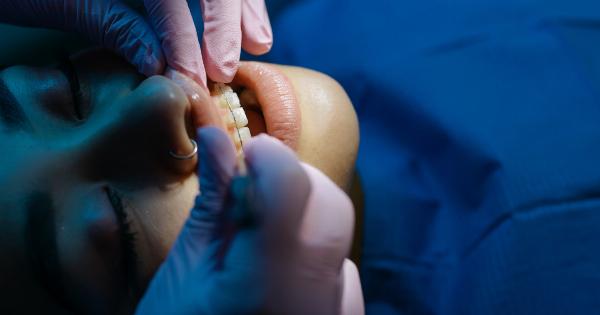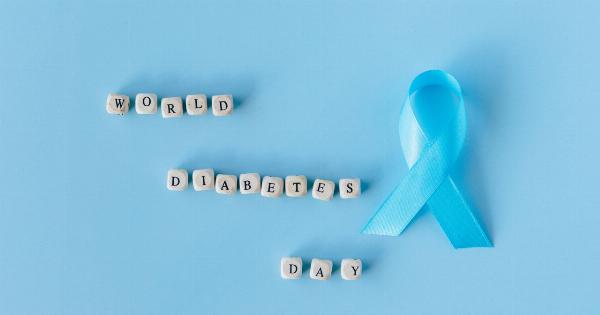Belly button pain is a common complaint that can be caused by a variety of factors. The discomfort may range from mild to severe and can be accompanied by other symptoms such as swelling, redness, or discharge.
Understanding the underlying cause of your belly button pain is crucial in order to find appropriate treatment and relieve your discomfort. In this article, we will explore some of the possible root causes of belly button pain and discuss potential treatment options.
1. Umbilical Hernia
An umbilical hernia occurs when a part of the intestine or fatty tissue protrudes through a weak spot in the abdominal muscles near the belly button. This can lead to pain, especially when coughing or lifting heavy objects.
Surgical repair is often necessary to correct an umbilical hernia.
2. Appendicitis
Although the appendix is located in the lower right part of the abdomen, appendicitis can cause pain that radiates to the belly button area.
If you experience severe pain, fever, vomiting, and a change in bowel movements, seek medical attention immediately, as appendicitis requires prompt surgical intervention.
3. Gastrointestinal Issues
Several gastrointestinal conditions can cause belly button pain, including gastroenteritis, irritable bowel syndrome (IBS), and peptic ulcers. These conditions may also present with symptoms such as diarrhea, constipation, bloating, and nausea.
Treatment for gastrointestinal issues usually involves dietary modifications, medication, or other specific therapies.
4. Urinary Tract Infection (UTI)
A urinary tract infection can cause pain in the lower abdomen, including the belly button area, particularly in women.
Additional symptoms of a UTI may include frequent urination, a strong urge to urinate, burning sensation during urination, and cloudy or strong-smelling urine. Antibiotics are typically prescribed to treat UTIs.
5. Ovarian Cysts
Ovarian cysts are fluid-filled sacs that develop on the ovaries. They can cause discomfort or pain in the lower abdomen, which may be felt near the belly button.
Other symptoms of ovarian cysts include pelvic pain, bloating, and changes in menstrual patterns. Treatment options for ovarian cysts range from watchful waiting to surgical removal, depending on the size and severity of the cysts.
6. Muscle Strain
Engaging in strenuous physical activity or lifting heavy objects incorrectly can lead to muscle strain in the abdominal area, resulting in belly button pain.
Rest, applying heat or cold packs, and over-the-counter pain medications are often effective in managing muscle strains.
7. Gastritis
Gastritis is the inflammation of the stomach lining, which can cause pain in the upper abdomen that may radiate to the belly button region. Other symptoms of gastritis may include indigestion, nausea, vomiting, and loss of appetite.
Treatment for gastritis typically involves medication to reduce stomach acid and dietary modifications.
8. Scar Tissue
If you have had surgery in the abdominal area, the formation of scar tissue can cause belly button pain. Scar tissue may pull on surrounding tissues and nerves, resulting in discomfort.
Massaging the area or undergoing physical therapy may help alleviate the pain caused by scar tissue.
9. Interstitial Cystitis
Interstitial cystitis is a chronic condition that causes bladder pain and frequent urination. The pain may be felt in the lower abdomen, including the belly button area.
Treatment for interstitial cystitis can involve a combination of lifestyle changes, medications, bladder training, and physical therapy.
10. Stress or Anxiety
Psychological factors, such as stress or anxiety, can manifest as physical symptoms, including belly button pain. When experiencing stress or anxiety, the body may respond with muscle tension and discomfort in various areas, including the abdomen.
Techniques such as relaxation exercises, therapy, or stress management strategies may be helpful in relieving belly button pain caused by psychological stress.
It is important to consult a healthcare professional for an accurate diagnosis if you are experiencing belly button pain. Proper diagnosis will guide the appropriate treatment plan and help alleviate your discomfort effectively.




























